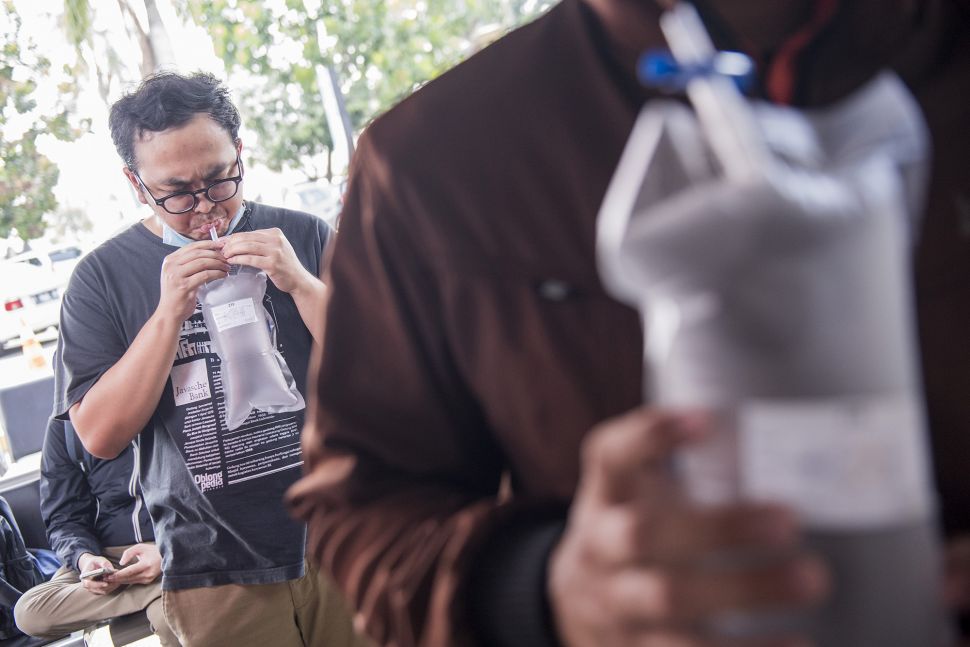The COVID-19 pandemic has created an unprecedented health crisis and a substantial socioeconomic impact. It also affects tuberculosis (TB) control severely worldwide. Interruptions of many TB control programs because of the COVID-19 pandemic could result in significant setbacks. One of the targets that can be affected is the WHO’s End TB Strategy goal to eliminate catastrophic costs of TB-affected households by 2030. Disruptions to TB programs and healthcare services due to COVID-19 could potentially prolong diagnostic delays and worsen TB treatment adherence and outcomes. The economic recession caused by the pandemic could significantly impact household financial capacity because of the reduction of income and the rise in unemployment rates. All of these factors increase the risk of TB incidence and the gravity of economic impact on TB-affected households, and hamper efforts to eliminate catastrophic costs and control TB.
Therefore, efforts to eliminate the incidence of TB-affected households facing catastrophic costs will be very challenging. Because financial constraint plays a significant role in TB control, the improvement of health and social protection systems is critical. Even before the pandemic, many TB–high-burden countries (HBCs) lacked robust health and social protection systems. These challenges highlight the substantial need for a more robust engagement of patients and civil society organizations and international support in addressing the consequences of COVID-19 on the control of TB.
Citation:
Fuady, A., Houweling, T. A. J., & Richardus, J. H. (2021). COVID-19 and Tuberculosis-Related Catastrophic Costs, The American Journal of Tropical Medicine and Hygiene, 104(2), 436-440. Retrieved Mar 28, 2021, from https://www.ajtmh.org/view/journals/tpmd/104/2/article-p436.xml
Link di sini.








